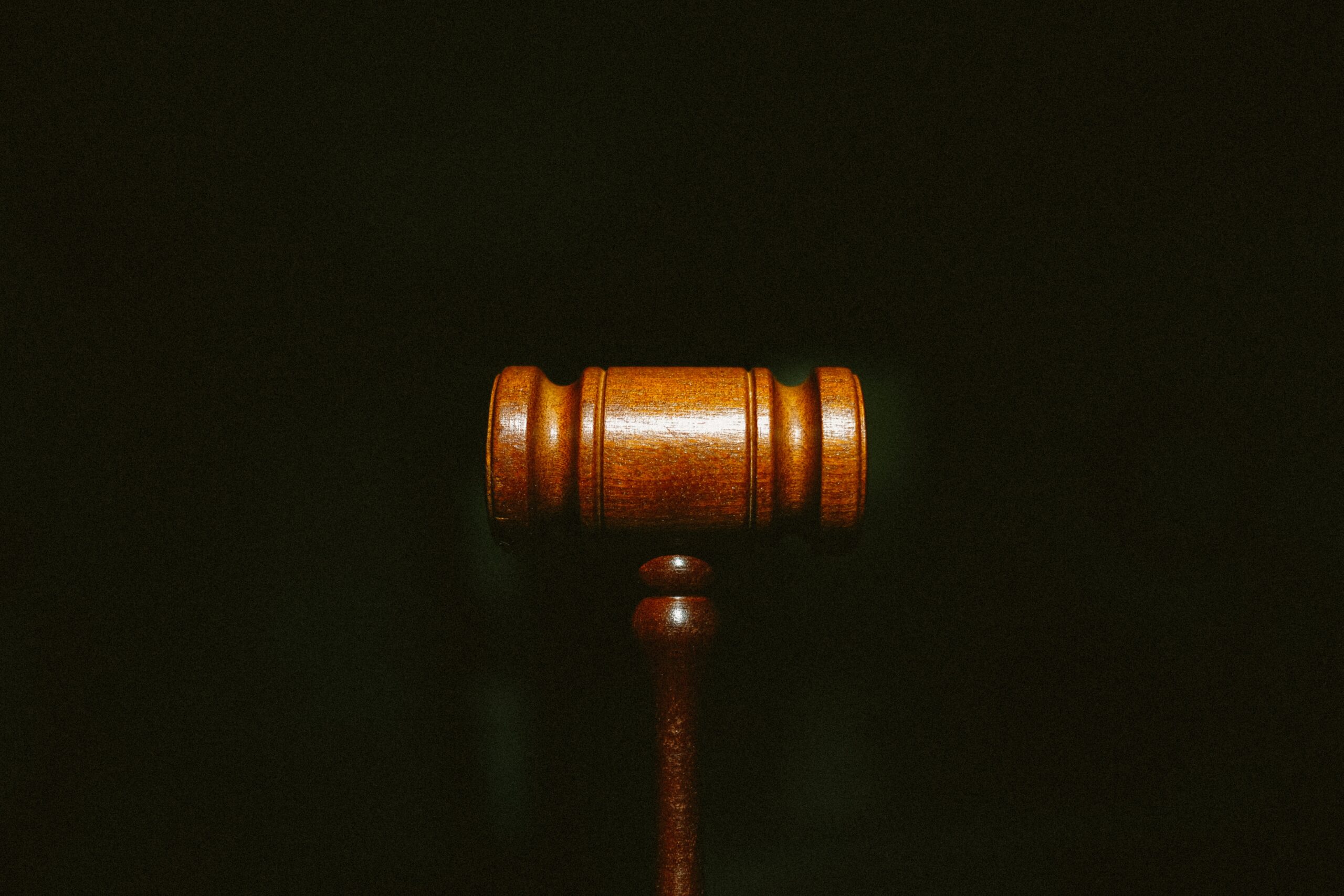November 20, 2023 – The Institute for Well-Being in Law (“IWIL”), a non-profit think tank dedicated to the betterment of the legal profession by focusing on a holistic approach to well-being, blasted a Fifth Circuit’s decision in Boudreaux v. La. State Bar Ass’n, No. 22-30564 (5th Cir. Nov. 13, 2023)
The Court held that, as a mandatory bar, the Louisiana State Bar Association’s online posts, inter alia, concerning the well-being of their members violated the Appellant’s First Amendment rights. The Court held the topics were not germane to the bar association’s purposes of (1) regulating the legal profession and (2) improving the quality of legal services. The posts in question included “Wellness Wednesday[s]” aimed to promote health and wellbeing of members, student loan debt information and resources, and information and recognition of LGBTQ pride month.
“This Fifth Circuit’s rationale was both shocking and disturbing,” said Chris Newbold, board president of IWIL. “The health of our legal system depends on the health of our lawyers. Nothing is as germane to unified State Bars than ensuring its lawyers are well when providing legal services, thus necessitating well-being programs, initiatives, tweets and sharing of resources to assist lawyers and, in turn, protect the public they serve.” IWIL has expressed concern about the chilling effects the decision will have on the organized Bars to be an active partner in well-being activities, including essential efforts to increase the diversity of the bar. Studies have consistently shown the legal profession is plagued with behavioral health conditions at a rate disproportionate to the general public, namely in areas such as stress, anxiety, depression, substance use, necessitating a continued reimagination of the profession by leaders and stakeholder groups. Moreover, studies indicate legal professionals from historically underrepresented and marginalized populations suffer at higher rates from all the above. “Unified State Bars regulate our profession. Rule 1.1 of the Rules of Professional Conduct and the duty of competence are directly implicated by wellness. How this isn’t germane and not related to the regulation of the profession under controlling U.S. Supreme Court precedent is baffling,” concluded Newbold.
The Fifth Circuit’s finding that prevention-based wellness communications through tweets and emails fails to support its regulation mandate is not supported by scientific evidence. Bodies of research link good mental and physical health to greater productivity and higher quality work. Online communications provide valuable information for lawyers to learn ways to develop resistance to the effects of high chronic stress, which are hallmarks of law practice, as well as to improve the overall quality of work. The Court also held online communications regarding the effects of student loan debt on young lawyers was impermissible. Research illustrates student loan debt is one of the greatest stressors faced by young lawyers and the young lawyer community is one of the most affected by behavioral health disorders.
###
The Institute for Well-Being in Law (IWIL) is dedicated to the betterment of the legal profession by focusing on a holistic approach to well-being. Through advocacy, research, education, technical and resource support, and stakeholders’ partnerships, we are driven to lead a culture shift in law to establish health and well-being as core centerpieces of professional success.
CONTACT INFORMATION:
IWIL (Institute for Well-Being in Law)
www.lawyerwellbeing.net
Chris Newbold, JD
Board President
406-370-8111
cnewbold@alps.net
Denise Gaskin, Ph.D.
Executive Director
503-415-1101
denise@lawyerwellbeing.net

